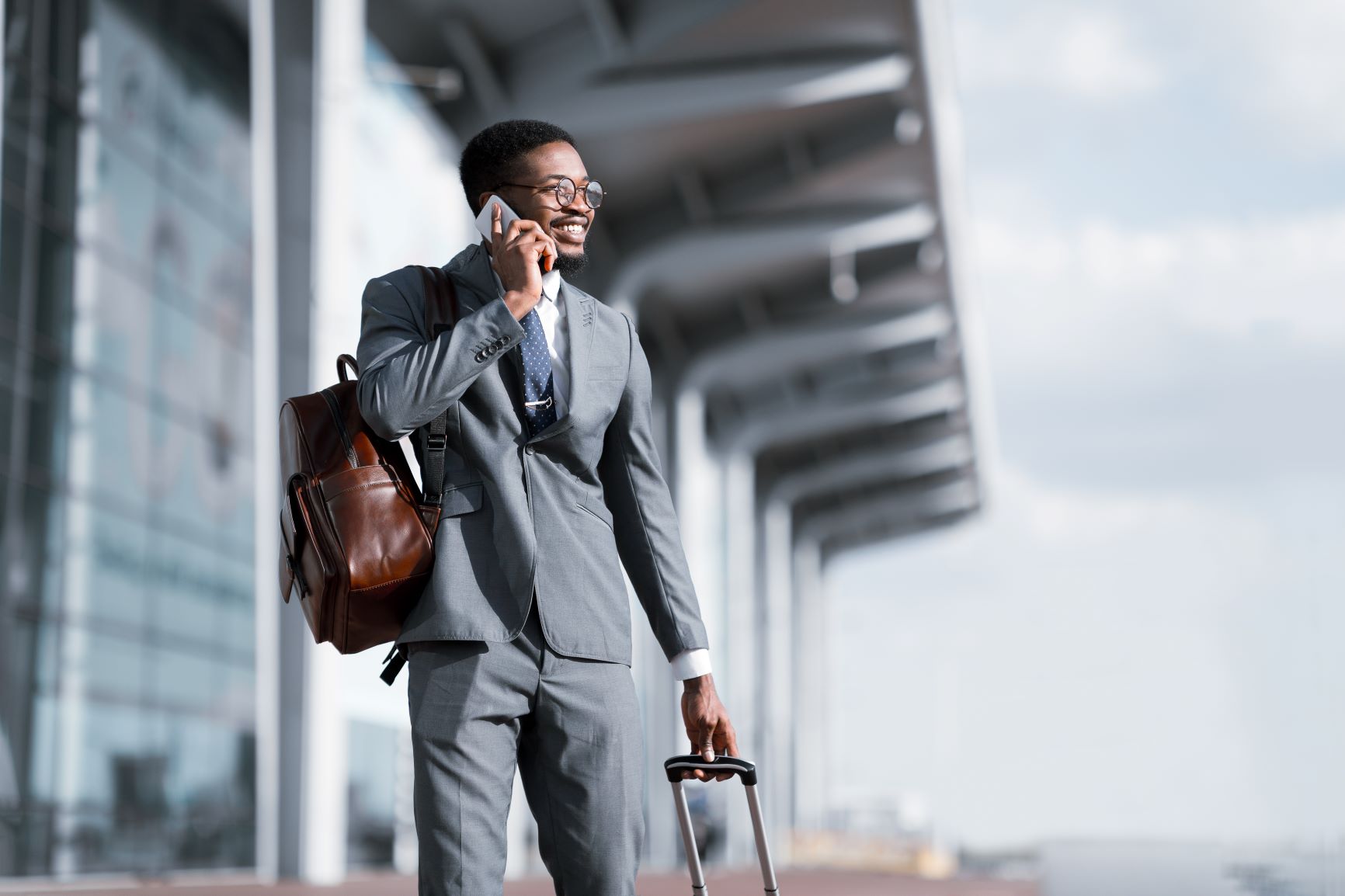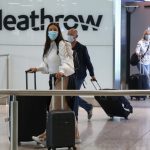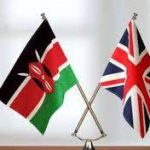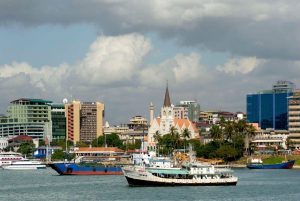The business travel and group meeting sector of the U.S. economy in 2020 missed out on $211 billion in revenue because of the pandemic and will miss out on plenty more in the coming years, according to a new U.S. Travel Association and Tourism Economics projection.
“Before we get whole” in 2024, “we will have lost $522 billion in spending,” said Tourism Economics president Adam Sacks during a U.S. Travel Association press conference Wednesday. He added that international business travel losses would add another $77 billion to the total.
The transient travel and group sector of the economy in 2019 generated $270 billion in direct travel spending, supporting 4 million U.S. jobs, according to U.S. Travel.
While there were promising strides made toward recovery throughout the spring and summer during the Covid-19 vaccine rollouts, Sacks noted that the intent to return to business travel has taken a hit in recent weeks. Based on Global Business Travel Association surveys, about 65 precent of U.S. companies are conducting domestic business travel. Of the rest, 68 percent in July planned to resume travel within one to three months but by August, that percentage fell to 35 percent as Covid-19 cases started to rise again and the delta variant spread.
His remarks were part of the U.S. Travel Association’s pitch for the return of business travel and meetings and events, aimed to demonstrate that they could be and have been resumed safely, and that they were instrumental to the recovery of the U.S. economy.
Resuming business travel and meetings “will greatly accelerate America’s economic recovery and get businesses moving forward again in a profitable way,” said U.S. Travel president and CEO Roger Dow, criticizing what he characterized as a media focus on event cancellations even as in-person meetings now are safely taking place. “Every piece of evidence that we’re seeing from the scientific and academic community tells us that, with the right practices in place, the traveling workforce and organizers of professional events can get back to the business of reconnecting with clients and colleagues.”
Dow cited research from Mayo Clinic that showed the risk of a person becoming infected with Covid-19 boarding a flight from the U.S. to the U.K. in which passengers were tested for Covid-19 beforehand is one out of 10,000. That study also found that the risk of an infected passenger transmitting the virus to another passenger on a Covid-tested flight from the U.K. to the U.S. was one out of 1 million passengers.
Dow also noted that “lockdowns and restrictions are no longer protecting us from the disease,” he said. “Vaccines are. We are 100 percent behind encouraging all that are eligible to get the vaccine. It’s the fastest path to normalcy for all.”
Still, U.S. Travel earlier this week indicated that it does not support mandatory vaccination requirements for domestic travel. Dow said such mandates are extraordinarily difficult to put in place, then cited the challenge during the past 11 years of trying to get the U.S. Real ID in use. “The other challenge is you have upwards of 65 percent of the population vaccinated and 35 percent to 40 percent that for some reason may not be able to be vaccinated but they are willing to do a Covid test and show that when they walk in the door, they are Covid-free,” he said. “For international travel, we are comfortable with having people coming into the country to have a vaccine if that is the way we start travel,” Dow continued. “The meetings and conventions industry has taken the protocols, we have the ability to know who is coming in the door, what their status is, and if we do not bring back these meetings, it’s not just the hotels and convention centers, but it’s all the things that happen with meetings, it’s adult education, it’s learning best practices, it’s selling American products. And all of those things are so critical to our economy and our communities.”






